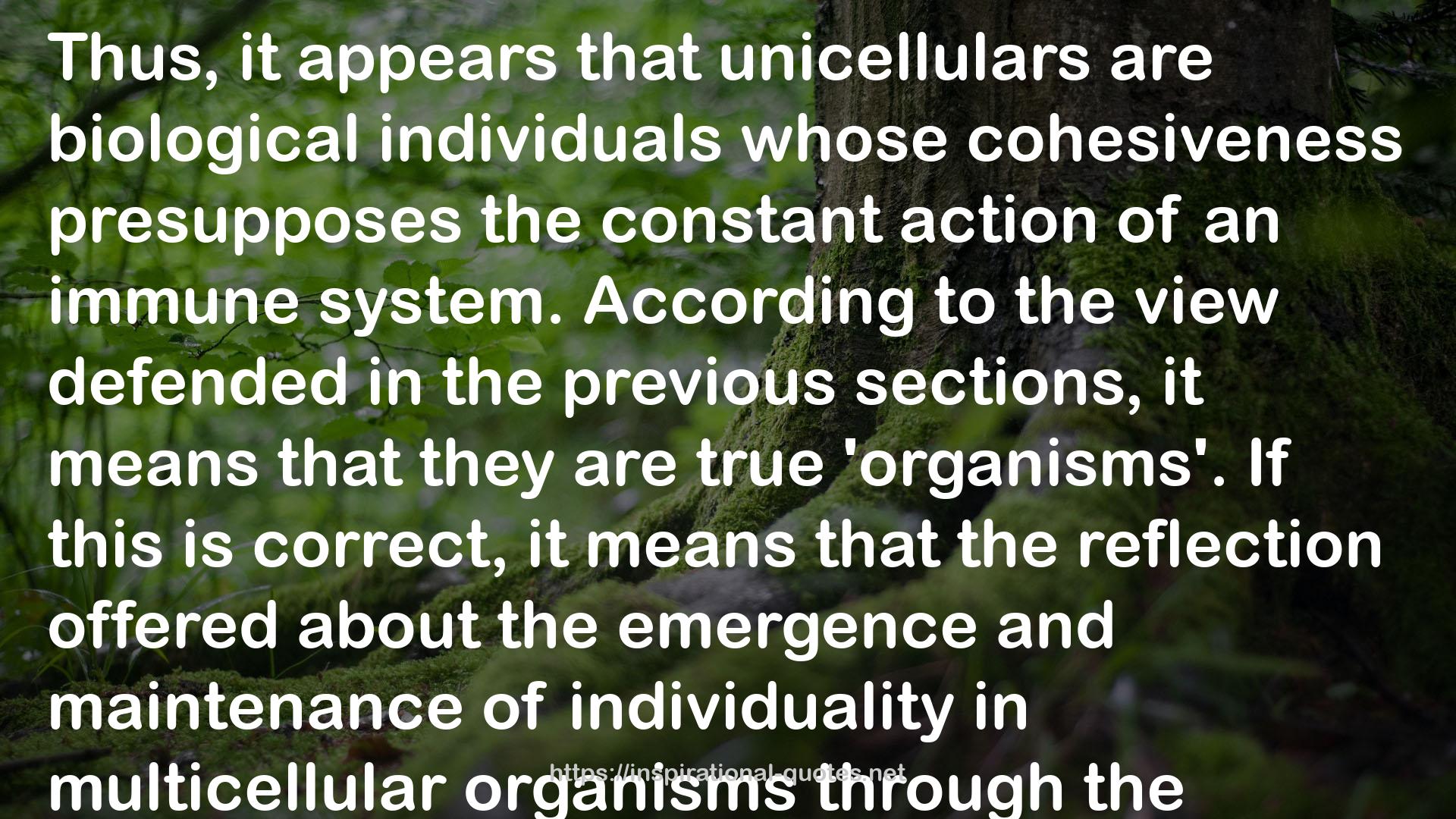From Groups to Individuals: Evolution and Emerging Individuality QUOTES
SOME WORKS
- Where There is Light: Insight and Inspiration for Meeting Life's Challenges
- In the Sanctuary of the Soul: A Guide to Effective Prayer
- Guaranteed Solutions for Lust, Fear, Worry...
- সেই সময়
- আমি কি বাঙালি?
- ছবির দেশে, কবিতার দেশে
- Days Without End (Days Without End #1)
- A Long Long Way (Dunne Family #3)
- The Witch King (The Witch King, #1)

